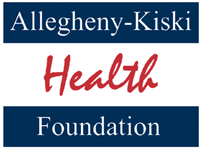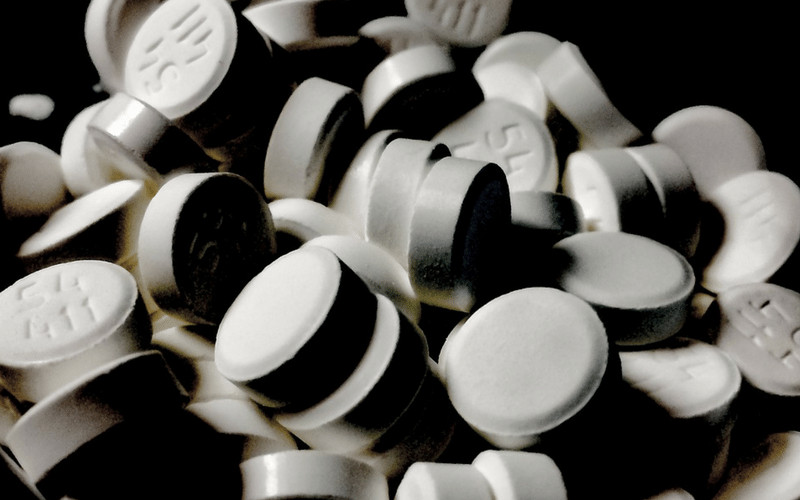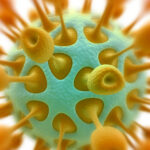This past October, President Donald Trump officially declared the opioid epidemic in America a National Public Health Emergency. This rapidly growing health concern has also made the question, “What are opioids?” one of the most-searched terms in Google search engines in 2017 – a testament to the fact that more awareness of opioid use disorder is necessary in order to make progress.
This short guide helps to answer this question, as well as provide a thorough list of resources in the Pittsburgh area to aid in the opioid use disorder recovery process.
What Are Prescription Opioids?
One common misconception about opioids is that they are all illegal. On the contrary, many synthetic opioids are legal prescription drugs that are used for medical purposes, primarily as pain-killers. They work by interacting with opioid receptors in the brain, which temporarily relieves pain. These medications also produce a sense of euphoria, however, which is why they can also be highly addictive.
Some of the most common prescription opioids include:
- Oxycodone
- Codeine
- Morphine
- Fentanyl
- Methadone
Because opioids can be so addictive, physicians have been encouraged in recent years to limit their use in order to help combat the widespread opioid epidemic and illegal sale and exchange of otherwise legal prescription drugs.
What Are Illicit Opioids?
Other types of opioids are never legal in any situation or form and can be extremely detrimental to one’s mental and physical health. These include heroin and opium. Heroin, for example, consists of a combination of opium poppy and morphine, which can make it much more dangerous and addictive than its prescription counterparts that are taken in small, carefully managed doses.
Prescription opioids like those mentioned above, however, are also illegal if sold or distributed to others. Another concern is that some patients who do have a legal prescription for opioids may take significantly more than prescribed, which can also lead to dependence and serious adverse health effects.
Opioid Use Disorder Resources
Although the opioid epidemic in our area is still on the rise, there are a number of different resources right here in Pittsburgh and its surrounding communities that can help with opioid use prevention and recovery. We have compiled a list of many of the drug and alcohol treatment centers and support groups in the Pittsburgh area. You’ll find the contact information of each location, as well as a brief description of the services offered.
Please also do not hesitate to contact the Allegheny-Kiski Health Foundation for more information or additional help finding the resources you’re looking for.






